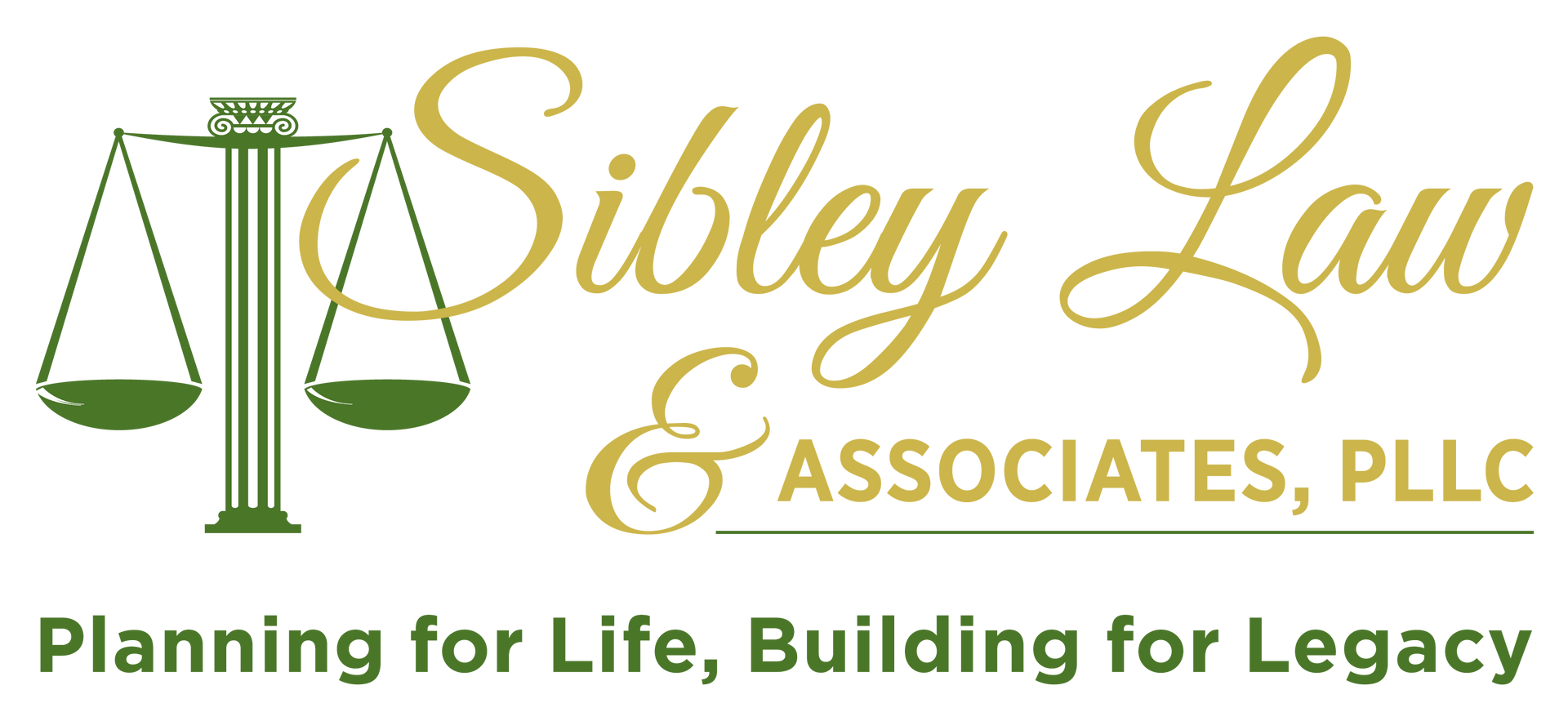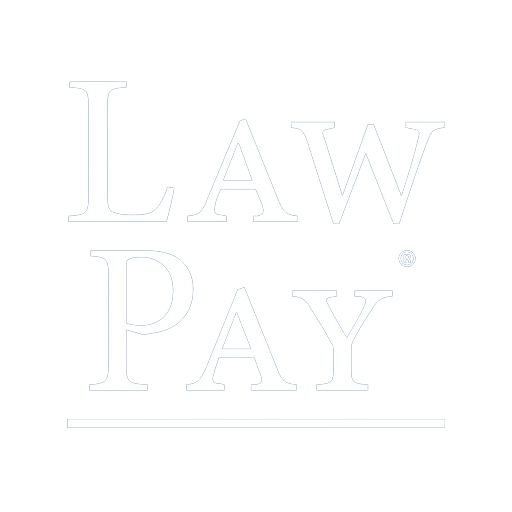January 5, 2026
Estate planning isn't a one-time event. It's more like a smoke detector—you set it up once, but you need to check it periodically to make sure it still works when you need it. Many Florida families have estate plans sitting in drawers or safe deposit boxes. Some were created years ago and haven't been reviewed since. Others were started but never quite finished. A few are current and comprehensive. The challenge is that most people aren't sure which category they're in. This isn't about creating fear or urgency. It's about clarity. If you took the time to create a plan, it's worth taking an hour to verify it still reflects your life and Florida law. If you started a plan but didn't finish, 2026 is as good a time as any to close that loop. And if you've never started, understanding what actually needs to happen can make the process less overwhelming. By the end of this post, you'll know what "complete" and "current" actually mean in Florida, when your plan needs attention, and what a basic review looks like in practical terms. What "Complete and Current" Actually Means A complete estate plan addresses three different timeframes: what happens if you can't make decisions, what happens when you die, and who manages things in between. Many plans handle one or two of these but miss the third. For incapacity: You need a durable power of attorney for financial decisions and a healthcare surrogate for medical decisions. These are separate documents with separate purposes. Without them, your family faces guardianship court even if you have a perfect will. Florida Statutes Chapter 709 governs financial powers of attorney, and Chapter 765 covers healthcare decision-making. Both require proper execution with witnesses and notarization. For death: You need either a will or a revocable living trust that controls where your assets go. In Florida, a will goes through probate under Chapters 731-735 of the Florida Statutes, while a properly funded trust avoids it. The right choice depends on your assets, family structure, and goals. Both need to be properly signed under Florida law, or they're not valid regardless of what they say. For management: If you created a trust, your assets need to be titled in the trust's name. If you named beneficiaries on accounts, those designations need to match your current wishes. If you have minor children, your will needs to name guardians. These aren't extras—they're the difference between a plan that works and a plan that sits unused. Current means something different. Your 2015 estate plan might be complete and properly executed, but if you've since remarried, had another child, moved to Florida, or lost the person you named as your agent, it's not current. Life changes, and plans need to change with them. What this means: Having documents isn't the same as having protection. The documents need to be complete, properly executed under Florida law, and updated when your circumstances change. When Your Plan Needs Attention: The Clear Triggers Some life changes clearly require updating your estate plan. Others are less obvious but equally important. Major life events are the clear triggers most people recognize: Marriage, divorce, or remarriage Birth or adoption of a child or grandchild Death of a spouse, named agent, or beneficiary Significant change in assets (inheritance, sale of business, real estate purchase) Diagnosis of serious health condition in you or a family member Move to Florida from another state (or vice versa) Relationship changes matter even when the legal status stays the same. If you named your sister as your agent ten years ago and you're no longer close, your plan needs updating. If your named guardian for minor children got divorced or moved across the country, you need to reconsider. If your adult child who you named as executor is now dealing with addiction or financial problems, you need a different choice. The goal isn't perfection—it's accuracy about who can actually handle the responsibility. Asset changes affect how your plan works, sometimes in ways that aren't obvious. If you refinanced your Florida home, the deed might have been taken out of your trust temporarily and never put back. If you opened new bank accounts or investment accounts, they might not be titled correctly. If you started a business, it might not be addressed in your plan. If you bought property in another state, you might have created a new probate problem without realizing it. Time alone is a trigger. Even without major changes, many estate planning attorneys suggest reviewing your plan every three to five years. Agents move, health changes gradually, relationships shift, and sometimes you just change your mind about your choices. A plan from 2010 might have been perfect then but completely wrong now, not because something dramatic happened but because fifteen years of small changes added up. Here's a common Florida scenario: A couple creates an estate plan when their children are young. They name the husband's brother as guardian and alternate executor. Twenty years later, the children are adults, the brother lives in Oregon, and the couple has different priorities. The legal documents are still valid, but they don't match current reality. No one would choose this structure today, but because nothing dramatic happened, they never thought to update it. What this means: Don't wait for a crisis to review your plan. Regular check-ins catch problems while they're easy to fix. The Annual Estate Plan Check: Five Things to Review You don't need an attorney for an annual review. You just need thirty minutes, your documents, and honest answers to five questions. Question 1: Are the people you named still the right people? Pull out your documents and write down every name listed as an agent, executor, trustee, guardian, or beneficiary. Go through the list one by one. Are they still alive? Still capable? Still willing? Still the person you'd choose today? If you hesitate on any name, that's your answer. Question 2: Do your beneficiary designations match your plan? Your life insurance, retirement accounts, IRAs, and many bank accounts pass by beneficiary designation, not by your will or trust. These forms override your estate plan. Pull out statements and verify who's listed. If you see an ex-spouse, a deceased parent, or "estate" as beneficiary, you have work to do. In Florida, naming your estate as beneficiary forces those assets through probate, which is exactly what most people are trying to avoid. Question 3: Are your assets titled correctly? If you have a trust, check how your assets are titled. Look at your deed, bank statements, and brokerage statements. Do they show the trust as owner, or are they still in your individual name? For Florida homestead property, this gets complicated because of constitutional protections, so if you're unsure, that's a question for your estate planning attorney . If you don't have a trust, verify that jointly owned assets are titled the way you intend. "Joint tenants with right of survivorship" passes automatically to the survivor outside probate. "Tenants in common" doesn't, and your share goes through probate according to your will. Question 4: Has Florida law changed since you signed your documents? You don't need to track every legislative session, but major changes happen periodically. Florida updated its power of attorney law significantly in 2011. If your power of attorney predates that, it's still valid, but it might not include helpful provisions that current forms contain. Estate tax laws change. Trust rules evolve. If your plan is more than five years old, it's worth having an attorney review it to see if updates would help. Question 5: Do you still understand your own plan? This sounds strange, but it's important. Pull out your documents and read through them. Do you remember why you made these choices? Do you understand what happens in different scenarios? If you can't explain your own plan to a family member, that's often a sign it needs updating or simplification. Estate plans should make sense to the people they're designed to protect. What this means: A basic annual review takes less time than filing your taxes and catches most problems before they become expensive. What "Finishing" Looks Like for Different Situations Finishing your estate plan depends on where you're starting from. If you have no documents: Finishing means creating the four core documents Florida families need—a will or trust, durable power of attorney, healthcare surrogate, and living will —and making sure they're properly executed with witnesses and notarization. For most families, this process takes two to three meetings once you've made your key decisions about who you trust and what you want. If you have old documents that haven't been reviewed: Finishing means scheduling a review with an attorney, bringing your current documents, and updating whatever has changed. Sometimes this requires entirely new documents. Sometimes it's a simple amendment or codicil. You won't know until someone reviews what you have against your current situation. If you started but didn't finish: Finishing means identifying exactly what's missing. Is it signatures? Witness lines? Notarization? Asset transfers? Beneficiary forms? Make a list, work through it methodically, and don't skip steps. An unsigned will looks like a completed will, but it has no legal effect in Florida. The same is true for an unfunded trust or outdated beneficiary designations. If you moved to Florida with an out-of-state plan: Finishing means having a Florida attorney review what you have. Most estate planning documents are valid across state lines, but Florida has unique rules about homestead property, spousal rights, and probate procedures. Your New York will might be perfectly valid here, but it might create problems your New York attorney never anticipated because they didn't know Florida law. If you have a current, complete plan: Finishing means maintaining it. Review it annually. Update it when life changes. Make sure your family knows where to find it. Tell your named agents that you've chosen them and verify they're willing to serve. Consider writing a letter of instruction that explains your reasoning and provides practical information not covered in legal documents—where accounts are, what passwords matter, which lawyer to call. Consider this realistic scenario: A Florida widow has a complete, signed will from 2018. She reviews it in January 2026 and realizes she named her daughter as executor, but her daughter now lives in California with her own young children and a demanding job. The daughter is still willing to serve, but it would be genuinely difficult. The widow adds her son as co-executor, which wasn't appropriate in 2018 because he was going through divorce, but makes perfect sense now. A simple amendment updates the plan without starting from scratch. What this means: "Finishing" isn't one-size-fits-all. It means bringing your plan up to the standard of complete, current, and executable under Florida law. What This Means for Florida Families in 2026 Estate planning gives your family clarity when circumstances are uncertain. But the clarity only works if the plan reflects current reality. You don't need to review your plan because something bad is about to happen. You review it because life keeps moving, and your plan should move with it. Small updates now prevent big problems later. This isn't about fear or urgency. It's about maintenance. You change your smoke detector batteries once a year not because you expect a fire, but because you want the detector to work if there ever is one. Estate planning works the same way. If you haven't looked at your plan in years, or if you know you never quite finished it, 2026 is a reasonable time to address that. Not because the calendar changed, but because peace of mind has value, and knowing your family is actually protected matters. The time you spend on this now translates directly into time, confusion, and expense your family won't face later. That's not a sales pitch. That's just how the Florida probate system works. Where to Start This Week If this post made you think about your estate plan, here's what to do in the next seven days: Find your documents and read through them once. Make a list of questions—what's unclear, what's changed, what's missing. Don't try to fix everything immediately. Just write it down. If you don't have documents, or if you have documents but you're not sure they were properly executed, that's okay. Recognizing the gap is the first step. If you have documents and they're mostly current but you have a few specific questions, write those down too. Then make a decision about next steps. Maybe that's scheduling a review with an attorney. Maybe it's updating beneficiary forms yourself. Maybe it's having a conversation with your named agents to make sure they're still willing to serve. Maybe it's just putting a reminder in your calendar to review again in six months. The goal isn't perfection. The goal is moving from "I should probably deal with this" to "I've dealt with this." We work with families at all stages of this process—those who are starting from scratch, those who need updates, and those who just want an annual check to verify everything is still correct. If you want help making sure your plan is complete and current for your situation, we're here to guide you through it. Getting clarity on your plan is straightforward, and we're here when you're ready. Estate planning is not about predicting everything. It is about keeping the people you love out of guesswork and court involvement. If you want a second set of eyes on whether your plan is complete and current for Florida, we can walk through it with you. Quick Reference: When Your Plan Needs Attention A plan usually needs attention if any of these are true: ☐ A person you named is no longer the right person. ☐ Beneficiaries do not match your current intent. ☐ A trust exists but assets were never retitled. ☐ You moved to Florida with out state documents. ☐ It has been more than five years since a review About Sibley Law and Associates This article is a service of Sibley Law , a Personal Family Lawyer® Firm. We don’t just draft documents; we ensure you make informed and empowered decisions about life and death, for yourself and the people you love. That’s why we offer a Life & Legacy Planning Session , during which you’ll get more financially organized than ever before and make the best choices for the people you love. Contact us today at https://www.legacylawyeratsibleylaw.com/contact to schedule your session.



















